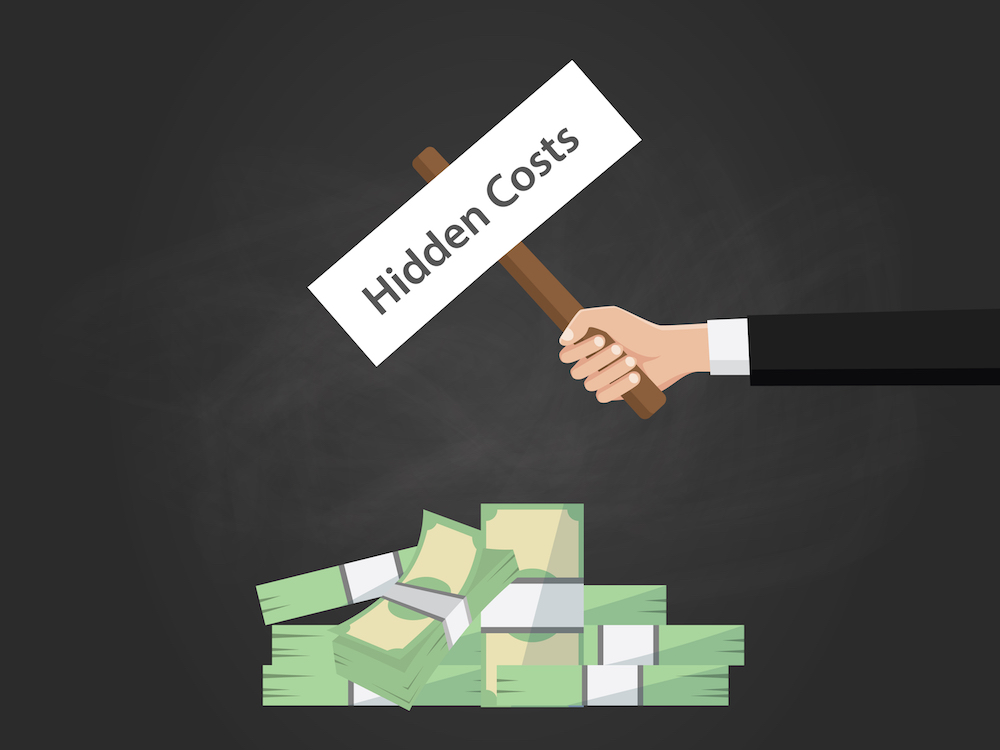We’ve all heard the old adage “a home is the most expensive purchase you’ll ever make” and it still holds true that for 99% of us, a home will be the largest investment we ever make.
But as with any investment, you should always consider any and all expenses and costs that could be incurred – especially when it comes to buying a home sweet home.

9 different costs involved with buying a home in Louisville
The most obvious cost involved in buying a home (well, of course) is the purchase price. And while that figure may be the biggest part of this transaction, it is certainly not the only cost you will need to consider. There are a variety of fees and expenses beyond just your monthly mortgage payment; which if you are not aware of from the start can make for a big, and unpleasant, surprise.
Ultimately, the following will become a determining factor in helping you decide when, where, and IF to purchase a home.
1. Down Payment
The down payment technically isn’t an additional fee since it counts toward part of the purchase price. But it is one of the largest fees you will have to pay. Thankfully though it is essentially your equity in the property. Think of it as a separate piggy bank!
Most are actually surprised to find out that there are a variety of down payment options outside of the traditional 20% down. In fact, 3 – 5% conventional and 3.5% FHA mortgages are VERY common; even 0% down if you qualify for VA financing options are possible.
2. Earnest Money Deposit
While this money is ultimately credited at closing as a part of your down payment, it is important to anticipate this upfront cost. Here in Louisville, Kentucky, once you receive an accepted contract (yay!), you’ll have 3 calendar days to submit your earnest money deposit.
It’s common to see 1% of the purchase price ($1,000 on a $100,000 home), yet there is no particular requirement. This deposit gets cashed and sits in the broker’s escrow account until closing. The only reason you would not get this money back is if you decide to back out of the contract that doesn’t fall within a specified contingency that was previously agreed upon with the seller.
3. Closing Costs
Closing costs are fees paid to the lender at the time of closing to complete the purchase. At a minimum, closing costs on average tend to be from 2 – 6% of the purchase price of the home, although actual costs can vary considerably based on a range of factors.
The specific type of closing costs and their amounts can vary, but some standard closing costs include:
- Attorney fees
- Title insurance (owners & lenders)
- Origination fees
- Mortgage discount points
- Document preparation fees
- Credit report costs
- Title search/recording fees
- Flood certification
4. Inspections
A home inspection is highly recommended – even if it’s a new construction home! A basic home inspection will likely cost at least $300- $500, but costs can vary depending on the size of the property. Additional inspections that may be wise to consider include:
- Termite/pest inspection
- Radon test
- Mold inspection (surface swab or air test)
- Structural inspection
This is typically one of the most critical parts of any home purchase because at the end of the day if you are making “your most expensive purchase” then you certainly want to know that you are making a smart investment. Inspections are to protect you and give you the ability to walk away from the purchase if you discover that the home needs more work than originally anticipated.
5. Appraisal
An appraisal is generally done prior to the final approval of the mortgage, so this fee would either be paid at the time the appraisal is ordered or as part of the closing costs. If you are financing the property, the lender is going to require you to purchase an appraisal so be prepared in advance.
At the end of the day, if the lender is putting up – say 80% – of the purchase price, then they want to ensure the property is worth at least the contract price you have with the seller. In the Louisville area, depending on the location and size of the property, your average appraisal usually runs around $400-450 and can be done within a weeks timeframe.
6. Survey
This is probably one of the most overlooked, yet most important, due diligence items during the process of purchasing a home. A survey will not only reveal the property lines but also outline any encroachments and easements, along with verifying that what you intend to buy is actually what you are purchasing.
It’s been said that nearly 1 in 4 purchases have some type of a survey or title issue that could have been resolved with a survey. Title insurance may or may not protect you depending on if you get a survey, so this is something to carefully consider. A typical survey can cost $400-$500 but can definitely go up in price with a larger or more unique tract of land.
7. Taxes and insurance
Payments for property taxes and homeowner’s insurance are often held in escrow and bundled in with your monthly mortgage bill. This combined amount is commonly known as the “PITI” payment (pun intended!), which stands for (P)rincipal, (I)nterest, (T)axes, and (I)nsurance. Be sure to consult with a mortgage lender early in the process to get an estimate on what your PITI payment would probably look like at a certain price point.
8. Private mortgage insurance (PMI)
If your down payment is below a certain amount—generally, less than 20% on a conventional loan—there’s a good chance you will have to pay private mortgage insurance (PMI). This helps offset the lender’s risk in case of a default since you have less skin, or equity, in the game from the start. Consulting with a mortgage lender from the start will give you a much better idea on what this could potentially look like on your mortgage payment.
9. Monthly maintenance, utilities, and HOA fees
Once you have bought a house, you will be responsible for an assortment of recurring expenses involved with maintaining the property. For those new to homeownership, some of these expenses may be a not-so-welcome surprise.
Maintenance costs for the home and surrounding property are a shock to people who previously rented and had a landlord who covered those costs (well technically you covered it but it was included in your rent – surprise!).
Homeowners also often underestimate the cost of utilities, especially if they are stepping up to a much larger property than they had previously. Even for those who have owned property before, homeowners associations or condo fees may be a new experience for those who haven’t had those bills in the past. While on the subject…don’t forget you’ll want to furnish the home too. 🙂
Our Recommendation
At Covenant, we really believe that preparation is key. Sitting down with a real estate professional for a Buyers Consultation will not only help outline the entire buying process but also help you understand what these costs look like and when they come into play.
We always strongly encourage our buyers to meet with a mortgage lender or professional to receive a good faith estimate on these financing costs so they can shop with confidence.
Have questions about buying a home? Contact us when you’re ready to buy.


